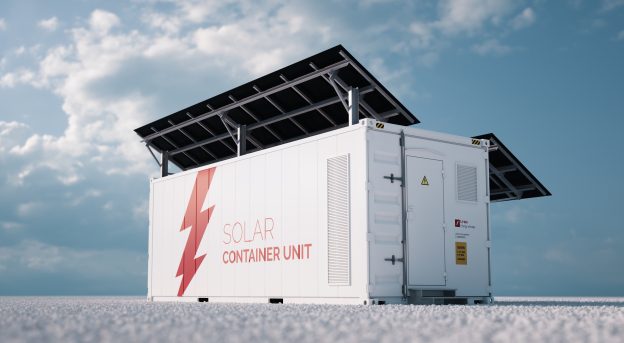
Foxconn's electric vehicle roadmap has new goals. According to foreign media reports, they are in discussions with PTT Group to set up an electric vehicle factory in Thailand and establish a new joint venture to enter the electric vehicle market.
Thailand's national energy group PTT is negotiating with Foxconn to set up a new factory in Thailand, which is scheduled to start production in 2024, as an OEM for joint venture Horizon Plus.
Ekachai Yimsakul, managing director of PTT's electric vehicle subsidiary Arun Plus, said in a recent interview with Nikkei that Horizon Plus hopes to reach a preliminary outsourcing agreement with Chinese startup Hozon (Hozon New Energy Vehicle).
PTT signed a memorandum of cooperation with Hozon in November last year, and established a joint venture with Foxconn in February this year. It plans to invest US$1 billion to US$2 billion to build an electric vehicle factory in eastern Thailand, with construction to begin in mid-2022.
This is one of the main goals of Foxconn MIH. By integrating vehicle platforms, these automakers can quickly join the electric vehicle market and expand their production capacity. The cooperation between the two parties also allows relevant suppliers to enter the Thai market. PTT shares production facilities with Foxconn and saves manufacturing time and money.
Hozon, which sold about 70,000 electric cars last year, ranking 18th globally, is looking to expand overseas and is considering making right-hand-drive cars in Thailand for export to other right-hand-drive countries such as Indonesia and Malaysia, according to research firm MarkLines.
The Thai government hopes that by 2030, electric vehicles will account for 30% of vehicle production. Due to the slow pace of electric vehicle production by the Japanese automaker with the biggest market share in Thailand, PTT has room to make a move. PTT has been involved in electric vehicle batteries and charging infrastructure through group companies. It aims to encourage local companies that now manufacture parts for traditional gasoline-fueled vehicles to join the electrification transition and establish a complete electric vehicle ecosystem.
Electrification may be annoying for Japanese carmakers. Decades ago, Japanese carmakers entered the Thai market with their supply chains but electric vehicles do not need as many components as fuel vehicles and Japanese brand electric vehicles are even more lackluster. Both may face enormous challenges together.
(Image:Hozon)







